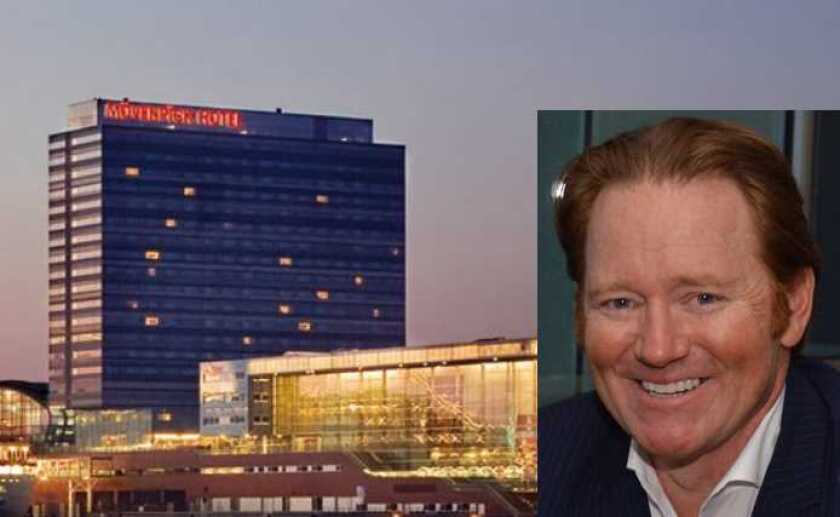The European and US market for metro fibre over the next few years will be worth $300 billion, says Marc Ganzi, founder and CEO of investment company Digital Bridge.
He cites a study of the European market for the European Fibre-to-the-Home Council that suggests €156 million, and a Deloitte study of the US that gives a range of $130-$150 billion. “You can see why people are jubilant,” he says.
But the markets on each side of the Atlantic are very different, says Ganzi, who will be one of the speakers at the Metro Connect Europe conference, to be held in Amsterdam on 12-13 September.
“The US is pretty fibre rich already, but Europe is pretty fibre light.” In the US the tower companies are investing in fibre, and mobile operators see the small cell market as being important as 5G rolls out – and small cells will need dense fibre.
But the focus in Europe is fibre to the enterprise, he notes. Europe has “got data centres with incredible interconnection facilities”, says Ganzi, pointing to companies such as Colt, with “great metro fibre”, and CityFibre.
A consortium formed of Goldman Sachs and the private equity investor Antin bought CityFibre, a UK carrier, for £538 million in April 2018 – a price that was 93% higher than CityFibre’s closing share price the day before the offer.
This was a “historically unprecedented level”, says Ganzi, at 20 times earnings. “This implies high earnings growth.” And that is why he disagrees with the view expressed by many that tower companies will invest in fibre. “Tower companies traditionally trade at 16 times earnings,” he notes. It’s less than that CityFibre price but, with 20-year contracts, towers are thought to be a relatively safe investment. Customers can shift their traffic away from fibre much more quickly.
“Towers are a very lucrative business model. Why would they screw that up?” he asks, scorning the oft-quoted idea that fibre networks are simply “towers on their side”.
Ganzi knows about the tower market. Among Digital Bridge’s investments are Andean Tower Partners and Mexico Tower Partners, but the company is also involved with Vantage Data Centers and wireless infrastructure companies.
US tower company Crown Castle has been investing in fibre: $600 million for Wilcon Holdings last year, giving it 1,900 route miles of fibre in California, and then $7 billion for Lightower, mainly around the east coast. In July this year it said it would spend millions on upgrading its fibre networks in California. But “none of the other tower companies think fibre”, says Ganzi.
In Europe, “the business model for metro fibre and small cells is not there yet”, he adds. There are not yet plans for “thousands of nodes as in the US. The biggest area in Europe is fibre to the home – that has turned into a holy war in Europe. Fibre is needed more to the home than to the enterprise.”
In Europe it’s being done by the incumbents and “private equity backed competitors looking to take market share from the incumbents”. But he warns potential American investors that they “should understand that in Europe every business is different”. Countries across Europe are different from one another. “Compare the regulations in the Netherlands with those in France. Every country enjoys its sovereignty. You cannot take the same paintbrush as you have in other parts of the world.”






